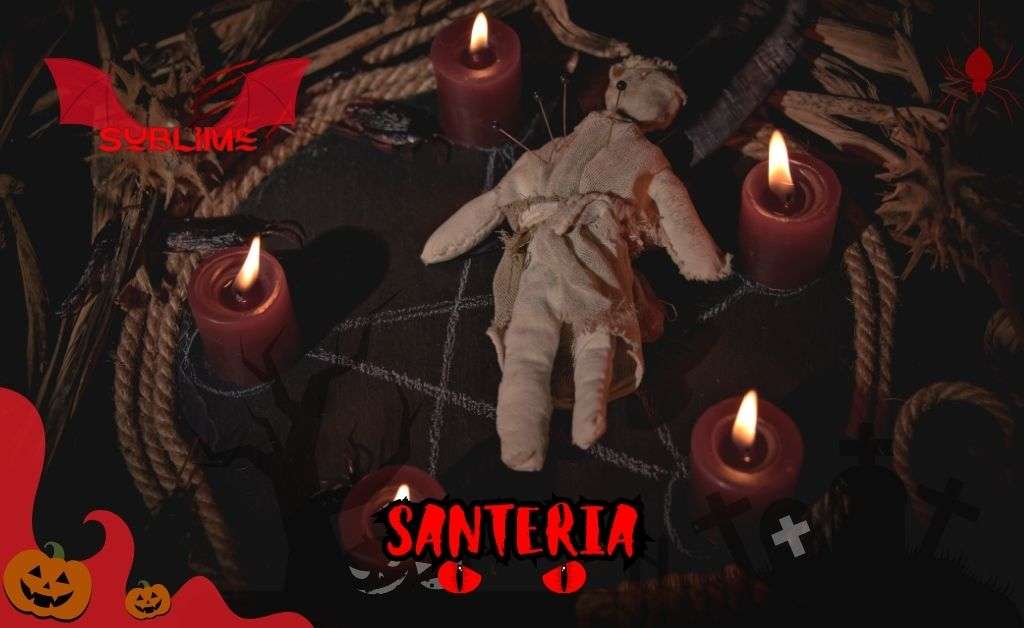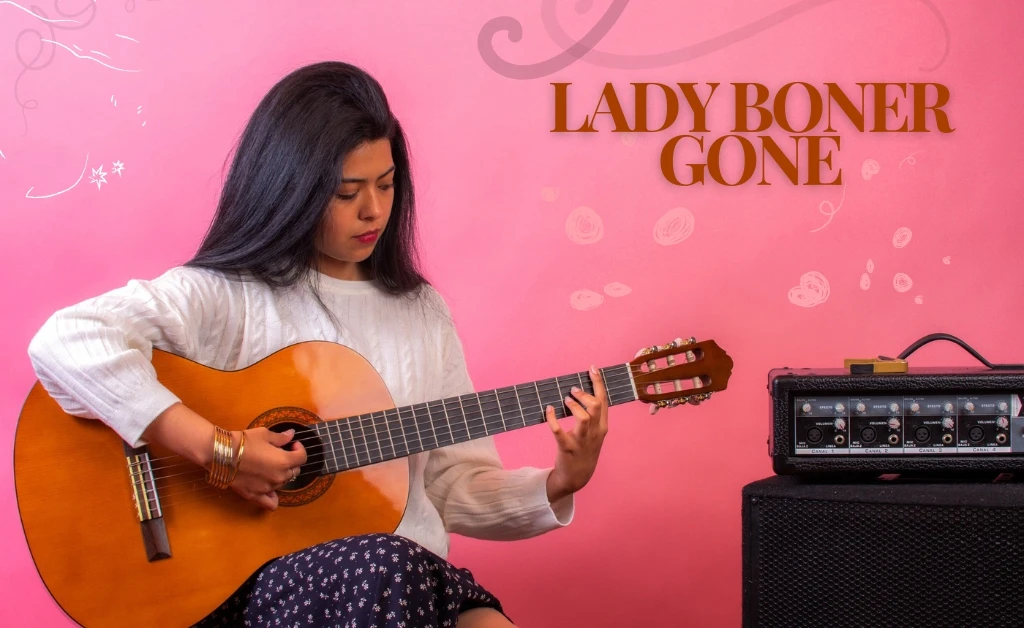Santeria Lyrics: Exploring the Affection of Sublime’s Music
Song by: Sublime
Santeria Lyrics is highly acclaimed for its capacity to elicit intense emotions and surpass language barriers. The music ability is to move people and inspire reflection even in those who may not take in Yoruba or Spanish lyrics. A fascinating experience that go beyond the standard and unite people with something more than themselves is created by the good rhythms of the bata drums and the lyrical melodies of the vocalists.
There is a fascinating subgenre of music that combines spirituality, culture, and artistic expression into a stunning sonic and symbolic tapestry. With origins in both West Africa and Cuba, the syncretic religion known as Santería has influenced not just the lives of its adherents but also the music industry with its powerful lyrics.
During the oceanic slave trade Santeria Lyrics, also called La Regla de Ocha or Lucumí, was transported to the Caribbean from the Yoruba people of Nigeria and Benin. It combined with aspects of Roman Catholicism in Cuba to create a distinctive fusion of African and European religious customs. The worship of orishas gods that symbolize different sides of the natural world and human existence such as Changó the god of thunder and war and Oshun the goddess of love and fertility is at the heart of Santeria Lyrics.
The rich oral heritage of Santeria Lyrics, which consists of songs, chants, and prayers passed down through the years, is one of its most remarkable features. In addition to functioning as a channel for spiritual teachings and cultural heritage preservation. These lyrics provide communication with the orishas. Santeria lyrics have two purposes in the context of music as they serve as expression of passion and identity and spiritual invocations.
The religious rituals known as tambor or toque de santo when allocates to get together to honor the orishas with music and dance and are the foundation of Santería music. Sung during these rites, the lyrics are rich in metaphor and symbolism, derived from the community’s experiences as well as the language of the orishas. Call-and-response chants and rhythmic drumming facilitate a conversation between participants and the divine, whereby they ask for protection, direction, and healing.
Santeria Lyrics include a wide range of topics, reflecting the diversity of the human experience. Common themes include love, grief, victory, and suffering, all seen through the prisms of cultural heritage and spiritual devotion. A song for Changó might bring up ideas of courage, bravery and determination in the face of hardship whereas a song for Oshun might celebrate the charm of love and wealth of the world.
Beyond its intense spiritual value, Santería music had a significant influence on a wide range of music genres from jazz and salsa to hip-hop and reggaeton. Through strong matches of Santería components into it’s music and artists like Celia Cruz, Tito Puente, and Rubén Blades have introduced listeners worldwide to the captivate rhythms and strange theme of this music.
Santería music has poetic value and cultural importance as ordinary society often misunderstands and exclude it. There are many misconceptions and negative expectations that forces negative expectations of the religion and its supporters. It’s critical to appreciate the depth and variation of Santería music and to listen to it with an open mind and respect.
In Conclusion:
Santeria Lyrics provides an insight into a monarchy of deep spiritual dedication, cultural heritage and creative expression. Santería music is identified by enchanting melodies and sad poems that exceeds semantic and cultural blockades, beckoning listeners to embark on a voyage of self-exploration and communion with something beyond their own self. We must not undervalue the beauty and wisdom found in the sacred songs of Santería as we continue to weave the rich tapestry of human experience via music.
For more articles, visit https://lyrifii.com/



